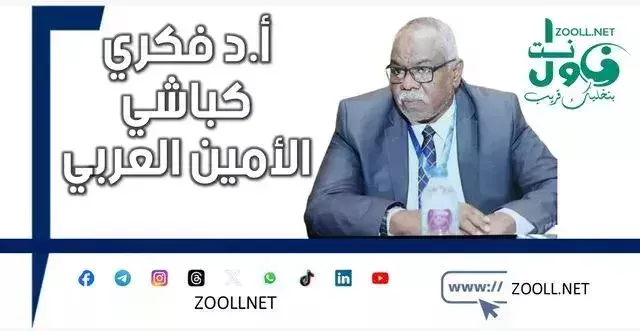The theory of shock doctrine

An economic theory developed by the American scientist (Milton Friedman). It is a theory based on the principle of exploiting disasters in countries, it is necessary to create an artificial disaster and then exploit its results among the artificial disasters envisaged. , it suggests military coups, terrorist attacks, economic collapses and wars. The goal in the end is to adopt and implement economic and social policies that citizens and residents reject in normal situations.
In other words, if a state or government wants to make difficult, harsh or rejected economic or social decisions by citizens, it is enough to create a real or artificial disaster in order to change the collective mentality of the people. that they accept all decisions under the influence of the shock or disaster in which they are immersed in the repercussions of its events. This conversation leads us to talk about Sudanese party democracy and the comparison between theory and practice. is known in all democratic systems in all countries of the world, there is always an opposition, and just as there is a government, and when elections are held, the one who wins represents the government, and the one who does not succeed represents the opposition if we want it to fall. This is the transition period in past eras that followed three popular revolutions, and looking at the recent experience that led to this damn war, we see that during the period after the signing of the constitutional document, the political incubator included those who agreed with the government and those who criticized it, such as the announcement of some parties. Dissent is a natural matter and an inherent democratic right, but this certainly does not mean excluding them and excluding them from the party. or canceling their presence. Rather, it is about giving them the right to express themselves and criticize as citizens, and this right is guaranteed to them by all the constitutions of the world. This is because the most important principles of democracy require and require the recognition of the other. and oblige those who practice this activity. The political acceptance of objective and constructive criticism and the consensus that the method of free and direct dialogue represents the effective means to resolve all differences. Change also goes through stages, and we must move on to the next stage of construction. , which requires a high degree of awareness, responsibility, impartiality and qualifications to plan for the future. This was one of the biggest mistakes of change. The mistakes of change were represented by rooting in the first stage, and all political components should have worked diligently to achieve it. moving forward by seeking to move on to the second stage, which is the stage of democratic construction, which requires a serious approach in preparing and preparing for the peaceful transfer of power and power through free, direct and fair elections, in complete justice and great compassion. And resetting the counter of the transitional period has repeatedly led to a worsening of the situation due to the extension of the transitional period without necessity or convincing justification, which led to a worsening of the situation, which culminated in the epidemic. of this cursed war, which led to dropping the fig leaf by calling all the warring parties that called for the implementation of democracy, while the option of starting this cursed war was the one that prevailed, and in the end, the entire Sudanese people paid the price, without exception, leaders and governed. Returning to the beginning of the article, I believe that the most important results of this cursed war have clarified the great ambitions of some foreign countries to exploit the country's wealth, beyond and beyond the surface of the earth, virgin agricultural lands, rivers, fresh water or underground minerals, as well as ports on the Red Sea and the strategic location of Sudan, which therefore connects the Arab and African worlds, after the shock of the war. , these countries, with their multinational and transcontinental companies, will jostle to exploit these riches by various means and after the end of the war, this damn war surprises everyone that the distribution of investments among these institutions and transcontinental companies has become a reality according to long-term international agreements that cannot be vetoed or revised, while the leaders of the file, politicians and activists are immersed in their old illusions, betray each other and pretend to call for the implementation of democracy, which they have failed to achieve even within… the institutions of their party.
Teacher: Fikri Kabbashi, Al-Amin Al-Arabi.
September 1, 2024 AD.






